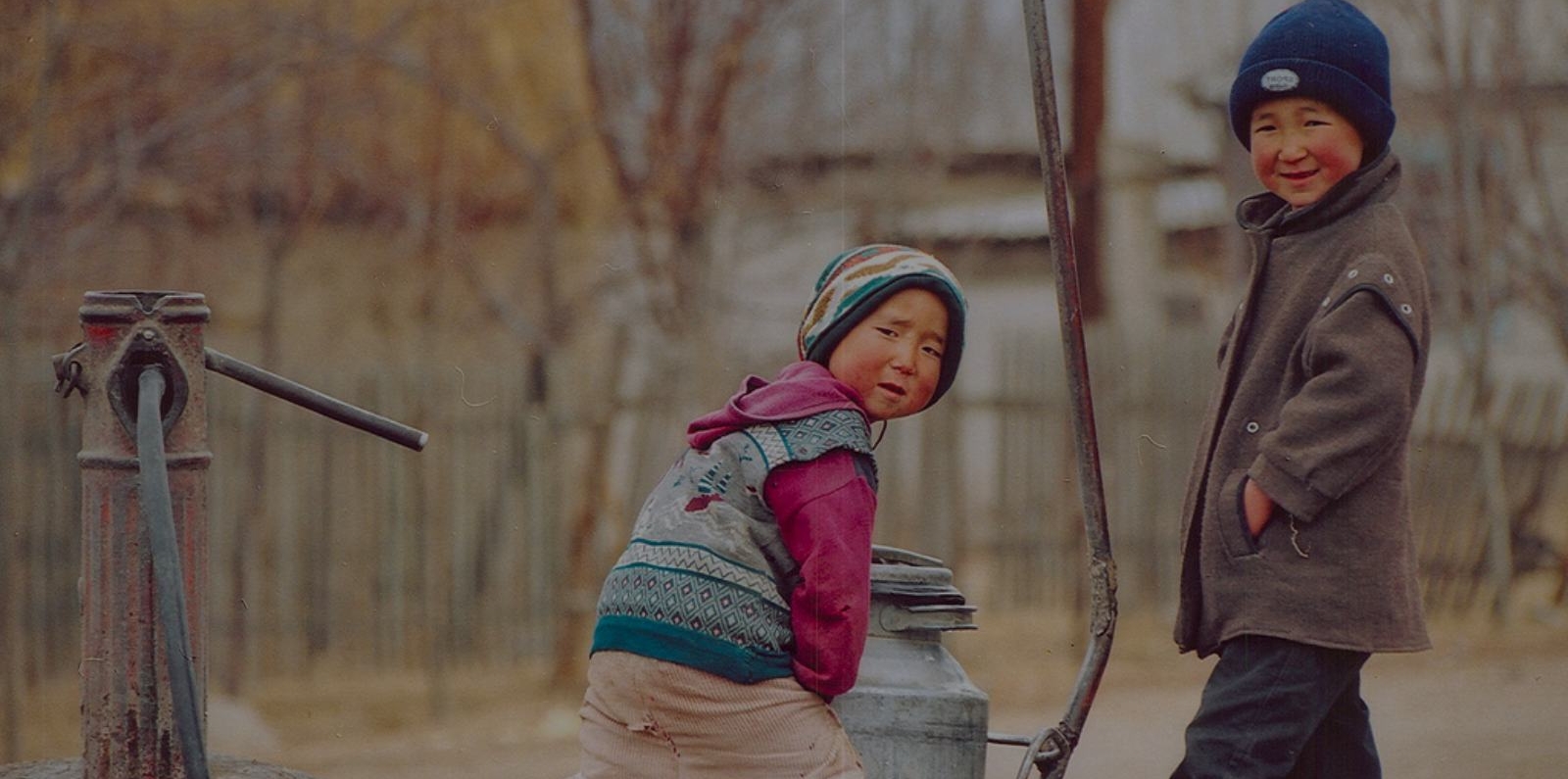About the Project
After the collapse of the Soviet Union in 1991, the Kyrgyz Republic was an early adopter of land reform. Currently, the country’s agriculture sector is driven by small-scale irrigated agriculture and pasture-based livestock production. Two-thirds of the rural population are employed in the sector, with an average farm size of less than 1 hectare and small-scale farmers owning most livestock. The majority of these rural households are dependent on crop and livestock sales for their livelihoods. However, food insecurity is high and fluctuates both seasonally and regionally, particularly among children and women. Most food-insecure households rely on a single income and have small household plot sizes and limited livestock. Adverse climatic conditions mean that irrigated agriculture has a major influence on production, rural household incomes, and, consequently, food security.
APNIP increases agricultural productivity and food security among rural households in select areas by rehabilitating irrigation and drainage infrastructure. Project-improved irrigation service delivery at the farm level has enabled water users’ associations and farmers to improve water management, providing agricultural advisory services and training for improved irrigated crop production and marketing and on-farm water management. Nutrition interventions have been scaled up, including community-level nutrition awareness programs and information about improved domestic gardening to increase dietary diversity. More than one-half of the targeted farm households irrigate less than one hectare of land, and 20% are female-headed households.
Country
- Kyrgyz Republic
Project Status
ActiveFunding
PublicSupervising entity
- World Bank
Call Year
2012GAFSP Funding Amount
38.00Results
As of December 2021, the project has reached 268,548 people, of which 51% were women. APNIP also has provided 148,274 client days of training to scientists, extension agents, agro-dealers, farmers, and community members—95,920 specifically to women—to raise agricultural productivity. The project also applied improved and rehabilitated irrigation and drainage services on 27,294 hectares of land, benefiting 12,144 farmers and established 65 planned demonstration sites on farmers’ fields to demonstrate water-saving technologies, including 32 for surface irrigation and 33 for drip irrigation in vegetable gardens, with 16,505 client days of training provided on demonstration plots.
Activities aimed at improving the quality of household nutrition are progressing in 58 Aiyl Aimaks; COVID-19 interrupted plans to cover all target Aiyl Aimaks. Pre-COVID, APNIP held in-person trainings, including visits to pilot villages, on exclusive breastfeeding for infants under age six months and supplemental feeding for infants ages 6–24 months. Once COVID-19 restrictions were imposed, the project held an online training of trainers on the Jitsi Meet platform for 4,500 field coordinators on social mobilization and mappings, anemia prevention, handwashing and clean toilets, exclusive breastfeeding, and supplemental feeding, including diverse foods and nutrition for mothers during the first 1,000 days.
Lastly, to improve the quality of food at the household level through home gardening, APNIP has mobilized self-help groups, establishing 1,340 groups from 2018 to 2021 in 246 villages, covering 11,100 people, including nearly 90% women. The project provided all of the groups with good-quality vegetable seeds, the value of which they repaid after harvest so that additional beneficiaries could benefit from groups and inputs. Seed provision was coupled with training in vegetable production and storage, encompassing 13,998 participants, 87% among them women. Then, the project provided small equipment, including small greenhouses, drip irrigation, and drying cabinets, to 733 well-functioning groups in their second year of operation. In 2021, APNIP provided an additional 102 walk-behind tractors and 153 drying ovens to group members, along with training on their use, and procured greenhouses for seedling production for 2,100 group members.
Contact
Talaibek Koshmatov
tkoshmatov@worldbank.org
Verena Schaidreiter
vschaidreiter@worldbank.org
Documents
- World Bank Project Appraisal Document (2015)
- Technical Peer Review Document (Review 1 and Review 2)
- Completion Report
